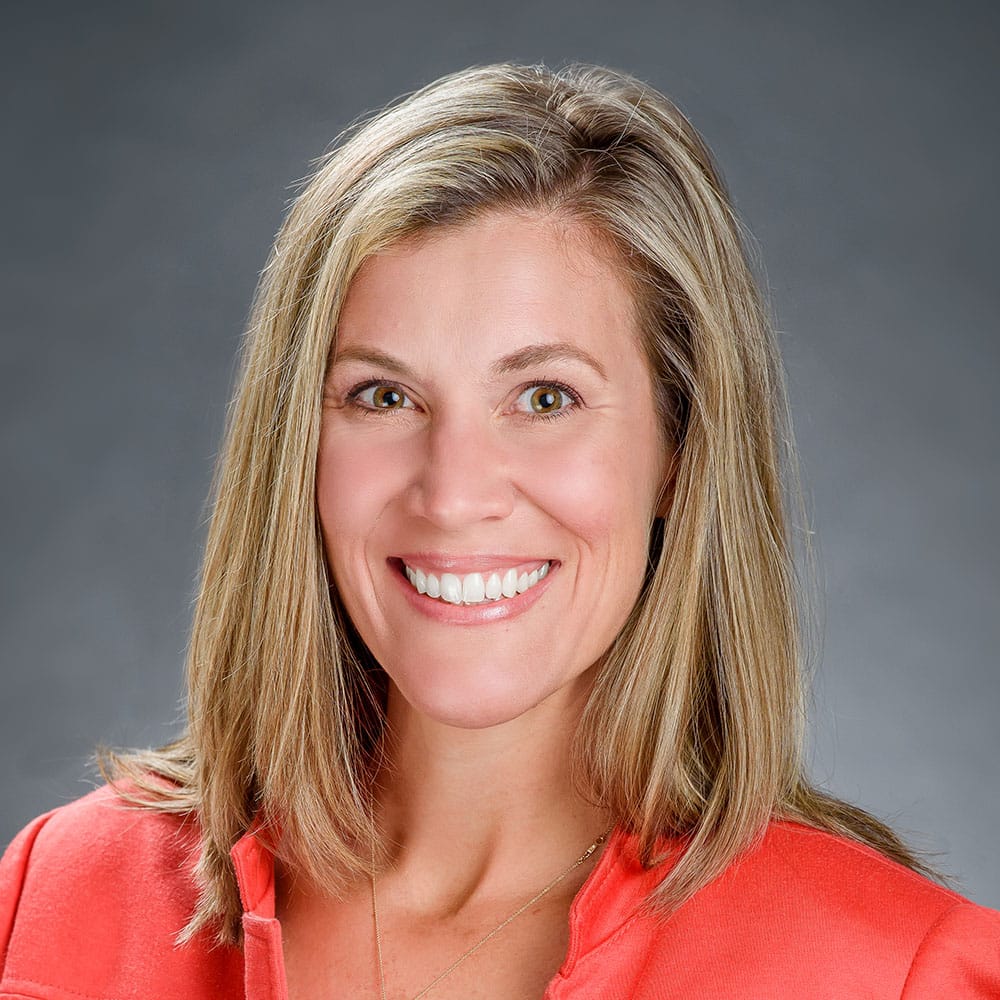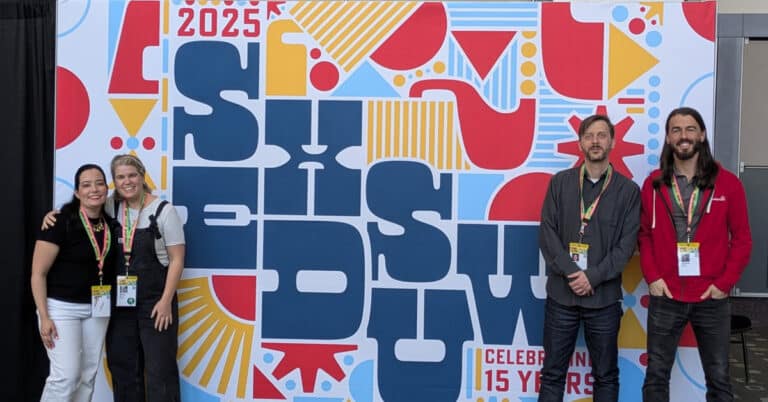Personalized, competency-based learning doesn’t just change how students learn in school, it shapes how they navigate life after graduation.
Just ask West Fargo Public Schools graduate Kayla Teigen, whose experiences through internships, authentic projects and reflective senior portfolios gave her the resilience, maturity and confidence she needed to take charge of her future, even when plans shifted unexpectedly.
“In this field where research and breakthroughs are happening, they learn as they go. They figure out what works and what doesn’t work. That was eye-opening.” -West Fargo learner, on her internship with the @NdsuPharm department. @NDSU #PersonalizedLearning pic.twitter.com/otEXts1wZT
— KnowledgeWorks (@knowledgeworks) February 20, 2020
Real-world learning in action
During a research internship with the pharmacy department at North Dakota State University, Kayla quickly discovered that even the experts don’t always find the perfect answer.
“In this field where research is happening and breakthroughs are happening, graduate students are learning as they go,” Teigen explained. “It was eye-opening. […] They figure out what doesn’t work, they fix the things they can and sometimes they get to the point where they can’t move forward.”
This openness to trial and error mirrored the very skills she hoped to gain—resilience, problem-solving and reflection.
Portfolios that show more than grades
In addition to her internship, as part of her graduation requirements, Kayla completed a senior portfolio tied to the district’s Portrait of a Graduate. Rather than simply listing courses and test scores, she demonstrated how she built durable skills such as communication, collaboration and critical thinking during her learning experiences at West Fargo.
Her portfolio included personal reflections on her internship experience and authentic projects she participated in, like team-teaching CPR to fifth graders; an endeavor that required analysis, prioritization and adaptation.
“We had to break all the information down in a way that these 10-year-olds would understand,” she said. “But not so simplified that they missed important information.”
The process of creating the portfolio helped Kayla articulate not only what she’d learned during the process, but how she was able to demonstrate leadership.
Parents see college readiness firsthand
For Kayla’s parents, the portfolio and hands-on experiences were powerful proof of her readiness for life beyond high school, much more than what they would have gathered from grades alone.
“Kayla is bright. She studies a lot, and she tests well. But going into an uncertain world, it’s not about the textbook. There’s no definitive right answer,” said Scott, Teigen’s father. “Through her internship, she was able to better understand her interests […] It solidified her likes and dislikes and what’s a good fit for her personality. That was one of the most important lessons for Kayla.”
Pivoting with resilience
Originally planning to major in neuroscience at the University of Minnesota, Kayla had already completed her placement exams and was preparing to move to the Twin Cities when COVID-19 disrupted her plans. But she quickly adjusted, enrolling instead at the University of North Dakota to pursue a degree in Medical Laboratory Sciences.
When students are required to learn, reflect and adapt on their own, they are better prepared to thrive in the face of challenge and change. Kayla’s mother, Kim, believes that her ability to shift course with confidence was evidence of her prior learning experiences.
“Kayla has shown resiliency and maturity during this time of uncertainty. She has not only learned how to navigate one college system, but two. Her eyes are open to what’s out there, and she wants to see as much as she can.”
A statewide commitment to student success
Kayla’s story is just one example of how North Dakota’s investment in personalized, competency-based learning is equipping graduates with the skills that matter most. Across the state schools using this approach are seeing that students are not only meeting academic expectations but are also leaving high school better prepared to succeed in college, careers and life.
The next phase of work in North Dakota will continue to deepen the connection between policy and practice. This includes scaling teacher leadership, building sustainable funding pathways and strengthening a culture of continuous improvement.







